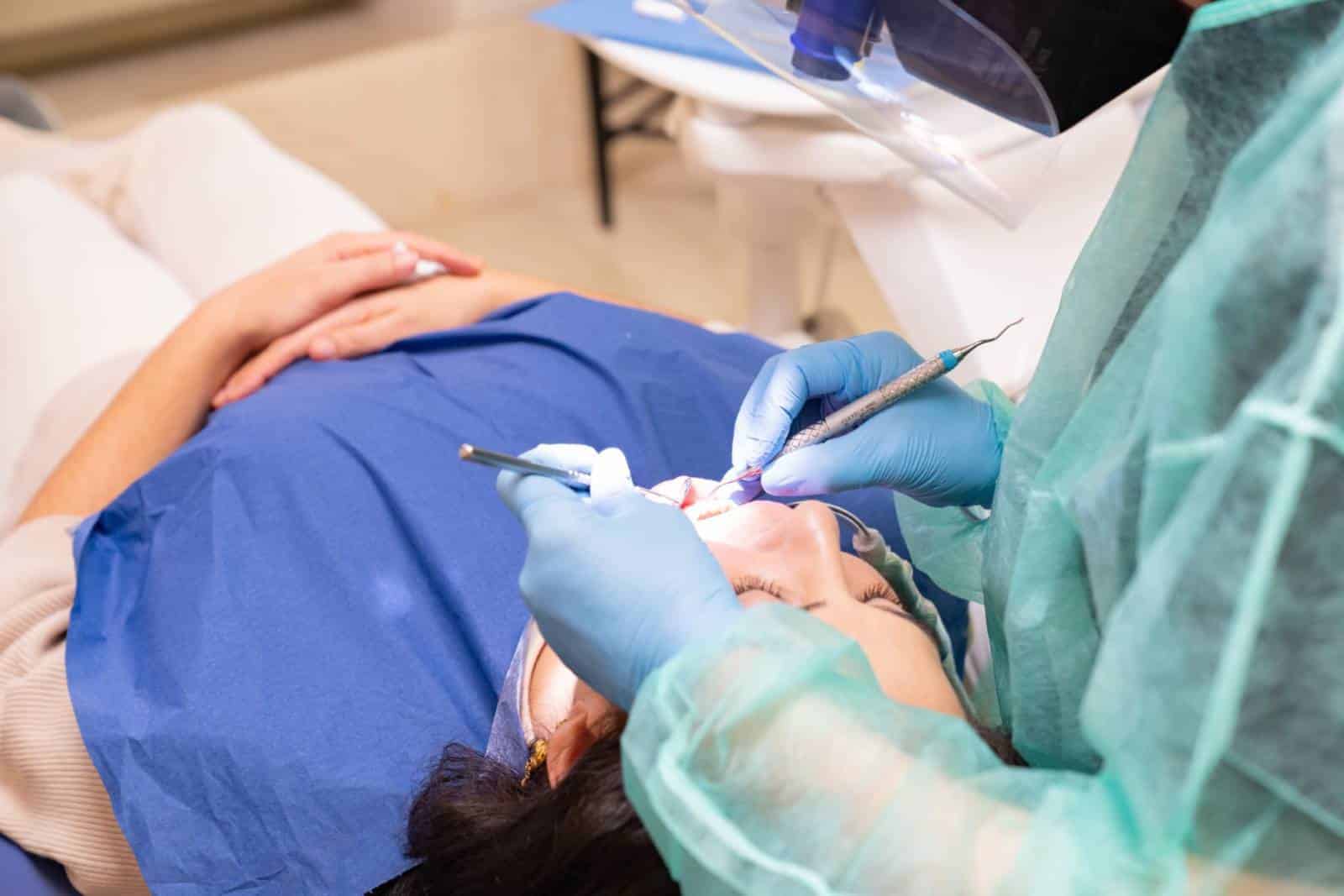When we talk about halitosis
The “bromopnea,” better known as “halitosis,” is an oral pathology characterized by the affected individual’s unpleasant smell of exhaled air from the mouth or nose.
It involves countless discomforts in the patient’s relationship life.
A dental specialist visit can identify the causes and plan their resolution.

How many types of halitosis are there?
To date, 4 types of halitosis are known and classified:
Genuine
Persistent (pathological/chronic)
Transient (physiological)
Imaginary (pseudohalitosis)
How to cure bromopnea

Bromopnea is a treatable problem; turning to the skills of a dental practice is the only effective way to solve the problem correctly.
For each of the causes indicated, it is necessary to define a specific therapy that considers the diagnosis and the overall clinical picture of the patient suffering from the disease.
Since providing univocal solutions to the bromopnea problem is impossible, only a specialist dental visit can suggest a therapeutic path suitable for the individual case.
Remember that good oral hygiene, combined with regular check-ups, helps prevent the development of bad breath and many oral and general health problems.
Bad breath is produced by local factors or by respiratory or metabolic pathologies whose causes can be:
Non-pathological (morning breath, age, dentures, tobacco, medication and diet, poor oral hygiene)
Pathological (diseases of the oral cavity, ulcerative causes, necrosis from radiotherapy and chemotherapy, infections of the pharynx and respiratory tract)
Among the most common causes of halitosis, we can find:
Partially impacted wisdom teeth
Decayed teeth
Denti cariati
Parodontids (pyorrhea)
Infection of the tonsil pillars
Gastro-esophageal reflux
Hiatal hernia
How can you tell if you have bad breath?
There are several methods to check if there is bad breath:
Self-perception
Olfactory organoleptic tests
Breath gas measurement
Laboratory Tests
This condition can severely affect people’s quality of life, regardless of their cultural or social level. For this reason, it is of fundamental importance to rely on the care of a specialist by booking a dental visit.
The most frequent consequences for people with halitosis are:
Limitation of oral communication (especially in smaller or enclosed places)
Fewer interpersonal relationships
Increased frequency of communication via signals or gestures
Covering the mouth with the hand
Time for shorter exhalations
Compulsive tooth brushing (more than five times a day)
Compulsive use of products such as mouthwashes, toothpaste, buccal deodorants, chewing gum and the like
Beginning of smoking habit
Limitation of social life
Increased anxiety and stress
Interference with intimate relationships
Low self-esteem
Decrease in general happiness in those who suffer from it
There have been reports of patients being bullied by schoolmates, workmates, spouses, and strangers who have produced such psychological trauma that they have attempted suicide.